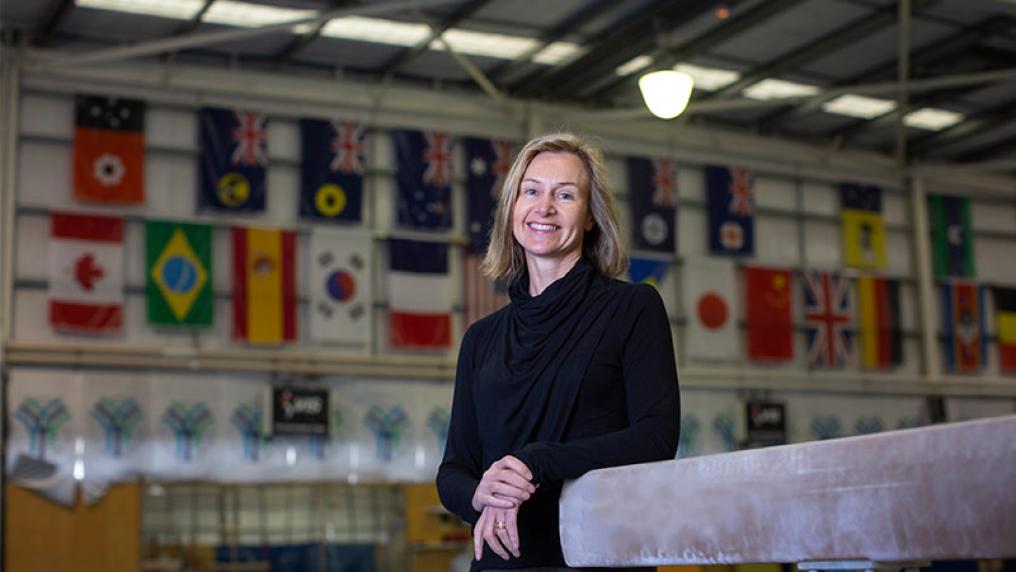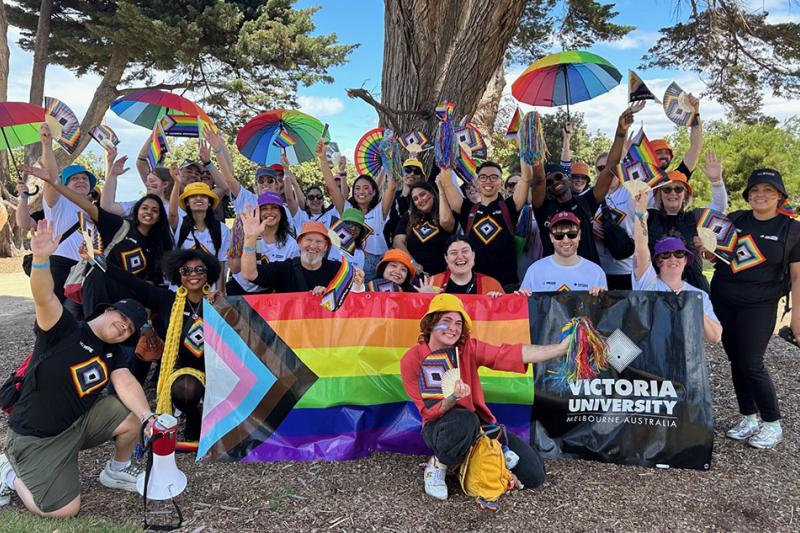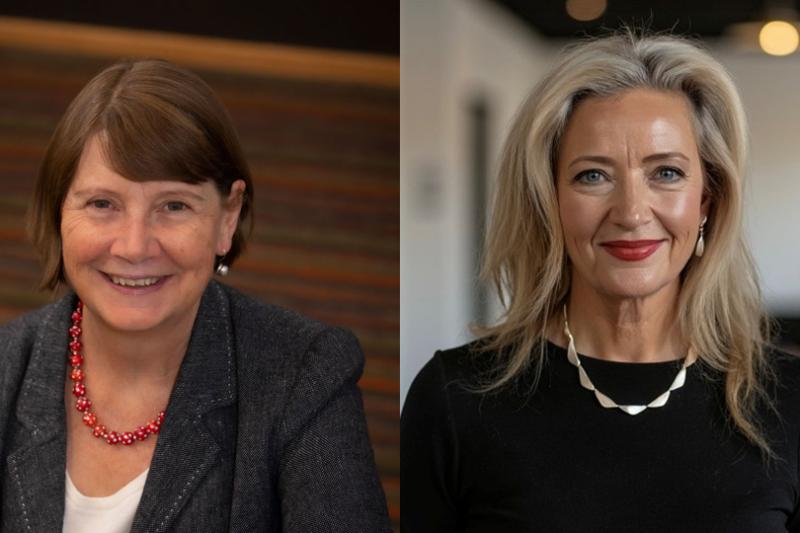Call for women from culturally diverse backgrounds to become sport leaders

New Victoria University analysis released today reveals some of the organisational barriers that prevent or deter women from culturally diverse backgrounds to stay on as leaders in sport.
More than two hundred women (a total of 221) representing 110 cultural and ethnic groups took part in a survey, with the findings ultimately informing a new resource for sporting organisations around the country.
Report highlights need for promoting diversity
A guide for action to encourage women from culturally diverse backgrounds as leaders in sport (PDF, 1.25 MB) highlights the need for sport organisations to promote cultural diversity and take action by implementing five strategies to attract and retain women from culturally diverse backgrounds as leaders.
The research team, led by Professor Clare Hanlon, Susan Alberti Women in Sport Chair, of the Institute for Health and Sport, believes this is the first analysis of its kind in Australia featuring input by women who currently lead in sport or aspire to move into sport to lead, as well as those who have no interest to lead in sport.
“From the analysis of the survey, half of the current leaders were dissatisfied with their leadership roles; aspiring leaders had more negative perceptions about being a leader in sport than current leaders; and reasons specific to sport were revealed as to why women were not interested to lead in sport. It is our hope that the guide will act as a catalyst for change and, by implementing the five strategies, assist to break down barriers and actively encourage women from culturally diverse backgrounds to lead in sport,” said Professor Hanlon.
Surveyed women share challenges
A number of women who took part in the survey shared their perceptions about existing or potential challenges including:
“My cultural background makes it harder for me to be recognised or acknowledged for my contributions.”
– Dissatisfied leader
“The broad push for gender equality silences equality for ethnic minority women. Too many Anglo-Celtic men exist in authority positions.”
– Aspiring leader
Recommended actions
The guide has established a series of recommended actions to assist sporting organisations in actively create pathways and strategies to promote the inclusion of women from culturally diverse backgrounds as leaders in sport, including:
- welcome and reward the ‘call out’ of inappropriate behaviour from colleagues, in particular when related to cultural diversity
- listen, learn and act on how to create a welcoming environment for women from culturally diverse backgrounds in each type of leadership role
- promote open, transparent and measurable performance indicators across each leadership role focused on cultural diversity and gender equality.
“We know that gender equity and cultural diversity within leadership teams has significant benefits for an organisation, its employees and the community, including higher employee satisfaction, reduced turnover and enhanced performance. Research also shows it positively influences organisational inclusion by improving stakeholder relationships, and building organisational reputation. Now is the time for organisations to remove barriers and encourage women from culturally diverse backgrounds to lead in sport,” said Professor Hanlon.



